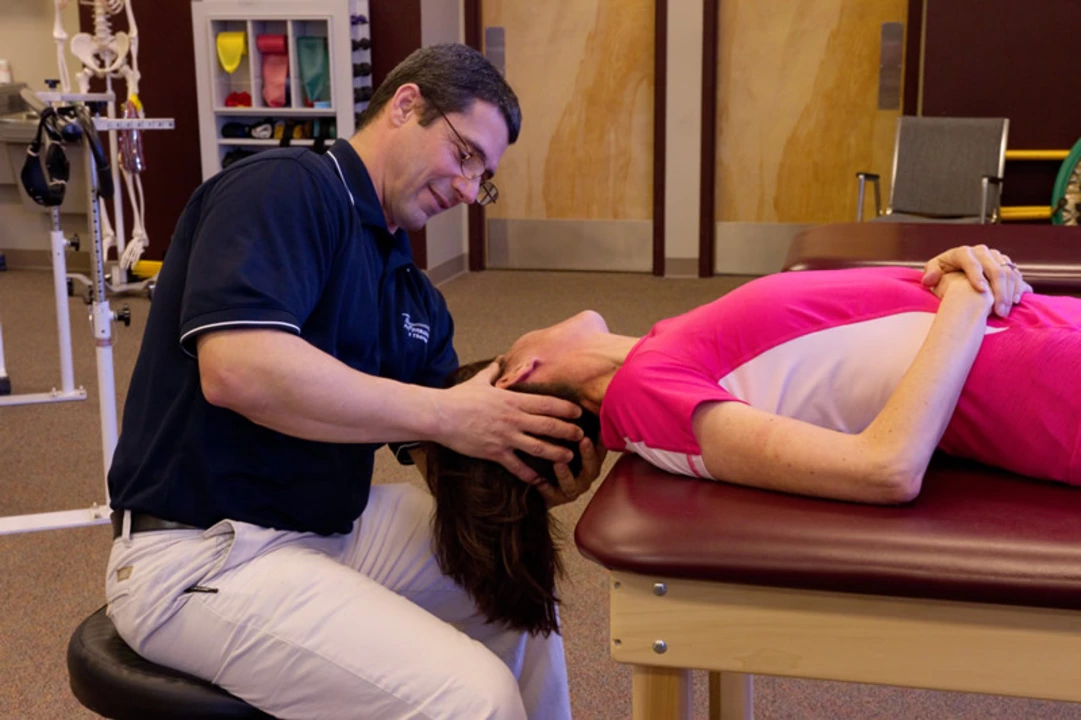Balance Disorders: Simple Facts, Fast Help
Feeling dizzy, unsteady, or like the room is spinning? These are common signs of a balance disorder. You don't have to guess what is happening. This page gives clear, practical steps to spot causes, check severity, and start treatment fast.
Common Causes and Symptoms
Many balance problems start in the inner ear. Benign paroxysmal positional vertigo, vestibular neuritis, and Meniere's disease are common inner ear causes. Other reasons include low blood pressure, medication side effects, neck problems, migraine-associated vertigo, and rarely, stroke or other brain conditions. Symptoms can be spinning vertigo, lightheadedness, unsteady walking, nausea, blurred vision, or hearing changes. Worry if you get sudden severe imbalance, weakness on one side, slurred speech, double vision, or fainting—those need emergency care.
Treatments, Tests, and Everyday Tips
Doctors use simple exams to find the cause. The Dix-Hallpike test checks for positional vertigo. A head impulse test, hearing test, and balance measures help too. If a neurological cause is suspected, imaging like MRI may be ordered.
Many people with BPPV get better after one or two Epley maneuvers. Vestibular rehabilitation therapy—a set of guided balance and eye exercises—helps retrain the brain and speeds recovery. Short courses of anti-nausea or motion-sickness drugs (for example, meclizine or promethazine) can ease symptoms but are not long-term fixes. Meniere's disease sometimes responds to salt restriction, diuretics, and lifestyle changes. When conservative care fails, ENT specialists can discuss injections or surgery for selected cases.
At home, simple moves reduce risk: sit or lie down immediately when dizzy, avoid sudden head turns, use a cane or handrail on stairs, and remove tripping hazards. Stay hydrated, limit alcohol and caffeine, and check your current medicines with your doctor or pharmacist—several common drugs can cause dizziness. If you feel faint or have repeated falls, stop driving until a clinician clears you.
When to See a Specialist
If dizziness lasts more than a few days, keeps returning, or affects walking and daily life, ask for a referral to an ENT, neurologist, or vestibular physiotherapist. They can run targeted tests, show you effective exercises, and coordinate care.
Recovery varies. Some people recover in days, others need weeks or months of rehabilitation. The good news is most balance disorders improve with the right diagnosis and treatment. Take steps now: note when symptoms happen, what triggers them, and any medicines you take. That information fast-tracks the right care.
Keep a simple symptom log: write down when dizziness starts, what you were doing, how long it lasted, and any other symptoms like hearing loss or headache. Bring this log to appointments — it can help your clinician find patterns. Ask about home exercises you can do safely and when to restart driving or sports. If you fall, check for injury and get help to assess why it happened. Small changes—like rising slowly from bed, switching to one medication at a time, and adding night lights—cut risk a lot. You can get steadier with the right plan and support. Start today.

